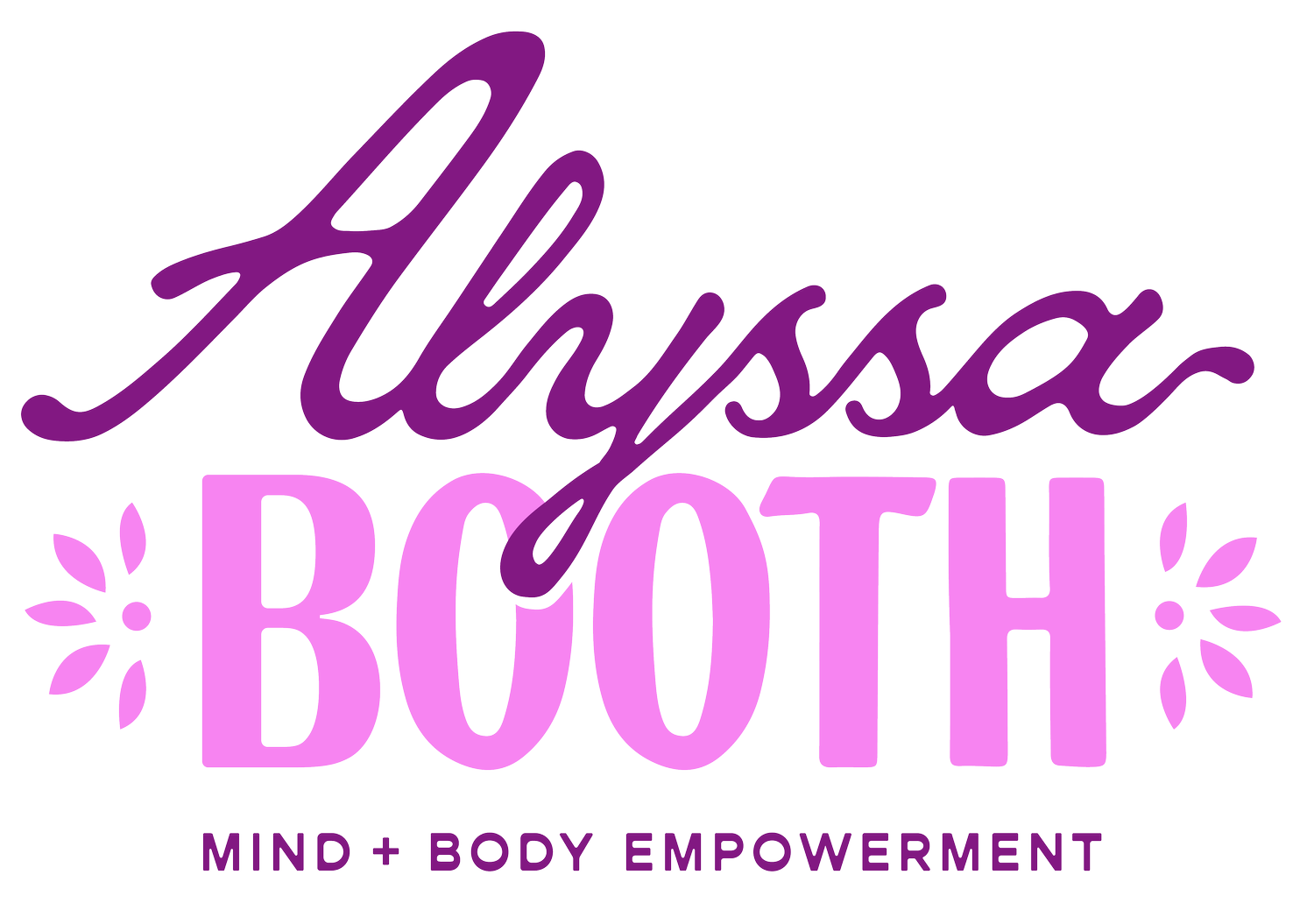Handling Social Situations While Healing Your Food Relationship
Navigating social situations while working on healing your relationship with food can feel overwhelming. Events that revolve around meals, gatherings with family, or parties with tempting buffets can bring up anxiety, self-doubt, or pressure to conform to others’ expectations.
If you’re on a journey to build a healthier, more peaceful relationship with food, these tips can help you show up with confidence and stay true to your goals.
1. Prepare Mentally Before the Event
Social events can sometimes trigger old habits or feelings about food, so taking time to set intentions can go a long way. Ask yourself:
What would make this event feel enjoyable for me?
How do I want to feel afterward—physically, emotionally, and mentally?
By grounding yourself before you go, you give your mind a positive focus. Remind yourself that you’re not there to "prove" anything about your food choices to anyone. You’re simply showing up as you.
2. Stay Connected to Your Hunger and Fullness Cues
It’s easy to get swept up in the energy of a gathering and lose track of your body’s signals. Before the event, take a moment to tune in:
Are you feeling hungry, full, or somewhere in between?
Do you need a snack before heading out so you’re not ravenous upon arrival?
At the event, check in with yourself periodically. Pay attention to how food feels in your body—whether something is satisfying or if you’re eating past comfort because of the environment. These small moments of awareness can help you feel more grounded.
3. Set Boundaries with Confidence
Well-meaning friends and family may offer unsolicited comments about your plate or eating habits. These moments can be challenging, but having a few responses ready can help you navigate them with confidence:
“Thanks for your concern, but I’m focusing on what feels good for me right now.”
“I’m good with what I’ve got, but thank you for offering!”
(If someone presses further) “I’d rather not talk about food choices tonight—let’s enjoy the moment instead.”
Remember: You’re not obligated to explain or defend yourself. You deserve to enjoy the event on your terms.
4. Focus on the Experience Beyond Food
While food is often a central part of social events, it’s rarely the only part. Shift your focus to other aspects that bring joy:
Catching up with loved ones
Laughing over shared memories
Listening to great music
Engaging in traditions that matter to you
When food feels less like the main character of the event, it becomes easier to approach it with curiosity rather than stress.
5. Practice Saying “No” Without Guilt
You may encounter moments when you’re offered a dish or drink that doesn’t align with how you want to feel. Saying “no” can feel uncomfortable, especially if it’s something someone worked hard to prepare. Here’s a way to approach it kindly:
“This looks amazing! I might try it a little later.”
“Thanks for thinking of me! I’m good for now.”
Your worth isn’t tied to accepting every offer or pleasing everyone. It’s okay to politely decline and prioritize what feels good for you.
6. Give Yourself Permission to Enjoy the Food You Love
Healing your relationship with food isn’t about avoiding certain things or sticking to rigid rules. It’s about finding what feels satisfying and enjoyable without guilt. If there’s a dish you’ve been looking forward to, allow yourself to truly enjoy it. Take a few bites mindfully, savoring the textures, flavors, and sensations. Food is meant to be an experience—not something to fear or control.
7. Reflect on the Event with Compassion
After the gathering, take a few moments to reflect. Ask yourself:
What went well?
Were there any moments that felt difficult? How might I approach those differently next time?
How did I feel about my choices overall?
Celebrate the small wins, like honoring your fullness cues or speaking up for yourself. If something didn’t go as planned, treat it as a learning moment. Be kind to yourself—you’re doing important work.
Social situations don’t have to derail your healing journey. They’re opportunities to practice self-trust, set boundaries, and enjoy connection in a way that feels good for you. By prioritizing your needs, listening to your body, and approaching events with intention, you can show up as your whole self—confident, calm, and ready to embrace the experience beyond what’s on your plate.
Healing is a process, not a destination. With every event, you’re building trust in yourself and strengthening your ability to enjoy life without food-related stress. And that’s something worth celebrating.
